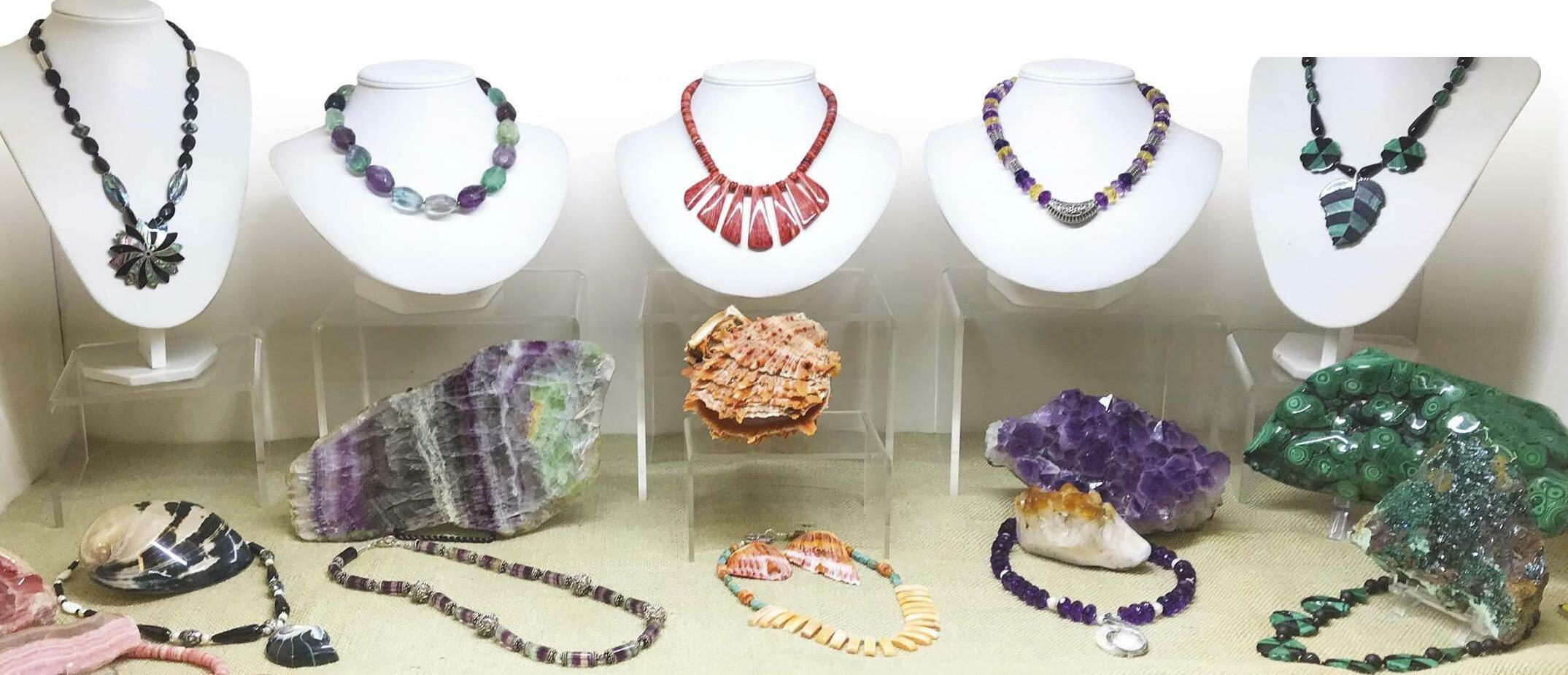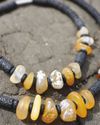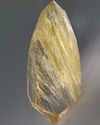
SUGGESTIONS FOR ADMINISTRATORS
Administration is where it begins-and where it ends when a show is administered poorly.
Promote, Recruit & Prepare
At annual competitions, many administrators are passive, letting exhibitors find them rather than proactively recruiting. With annual shows, maintain a database, then pursue the best exhibitors via email, phone, and mailed applications with personalized letters of invitation. The best competitive shows are those with the best exhibitors. Also, be prepared with an organized check-in with paperwork and exhibit floor layouts for a smooth front door process.
Select Open-Minded Judges
I've seen instances where judges have never competed. As they say, don't judge people until walking a mile in their shoes. That said, simply getting judges is difficult. It's best though to subject paid judges to the same scrutiny as any job. Solicit candidates. Conduct a selection process. Avoid last-minute desperation for any warm body.
Many judges particularly for lapidary/ jewelry arts-approach judging from a rigid perspective based on how they learned the craft. How different might it be if we selected judges delighted to see a new way to approach art? We're told exhibitors should not take criticism personally and should view judges' comments as a learning experience. But can't it go both ways? Can't we have judges as eager to learn as to pass judgment?
Select Judges Who Listen
Make sure judges follow advice. At one show judges were told, "Don't mark down things exhibitors have no control over, like a fly in the case. Flies happen." One judge's first comment? "One point off. Dead fly in the corner." If judges can't listen, administrators should reverse a deduction. If a judge proves problematic, discuss it. If the judge comes back next year and issues persist, move on.
This story is from the {{IssueName}} edition of {{MagazineName}}.
Start your 7-day Magzter GOLD free trial to access thousands of curated premium stories, and 9,000+ magazines and newspapers.
Already a subscriber ? Sign In
This story is from the {{IssueName}} edition of {{MagazineName}}.
Start your 7-day Magzter GOLD free trial to access thousands of curated premium stories, and 9,000+ magazines and newspapers.
Already a subscriber? Sign In

THE BRIGHT SIDE OF VOLCANIC ROCK
As a mineral resource, volcanic rock is decidedly short on glamour.

The Other Copper Minerals
12 Lesser-known Collectible Species

MINERAL COLLECTING -AND ROCK & GEM
Evolving Together FOR 54 YEARS

Gemstone Trends
A Look Back at 2024 & What to Expect in 2025

How to Make a GEM BEAD NECKLACE
No Lapidary Experience Needed!

Framing Nature's Art
Faceting Rutilated Quartz for Beginners

BEDAZZLED BLUE SEAM AGATE
More than several centuries ago, mining was the profession most often seen as befitting of men.

ROCK & GEM FIELD GUIDE:
Spinel is a captivating gemstone with a rich history of being mistaken for gems like ruby and sapphire.

SNAKE SCALE DROP 1.5:1
This Faceting Focus is revisiting the briolette gemstone design because of its popularity with independent and hobby gemstone faceters.

STONE CHIC
How Earth-Inspired Decor Brings Comfort to our Home